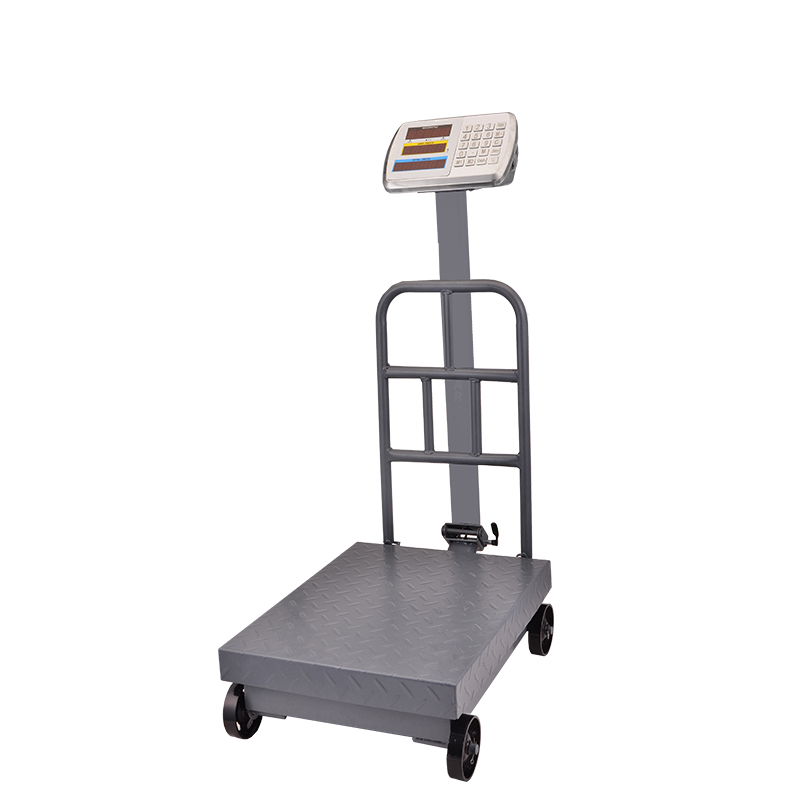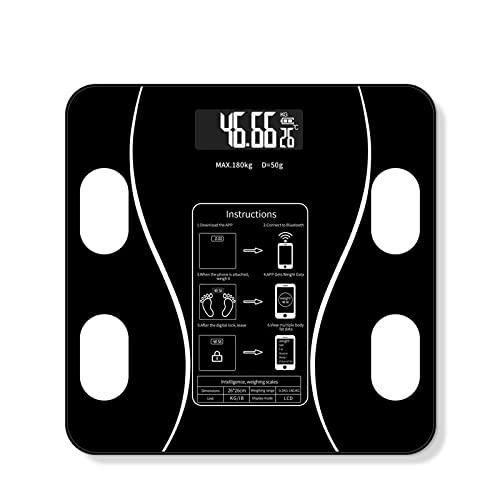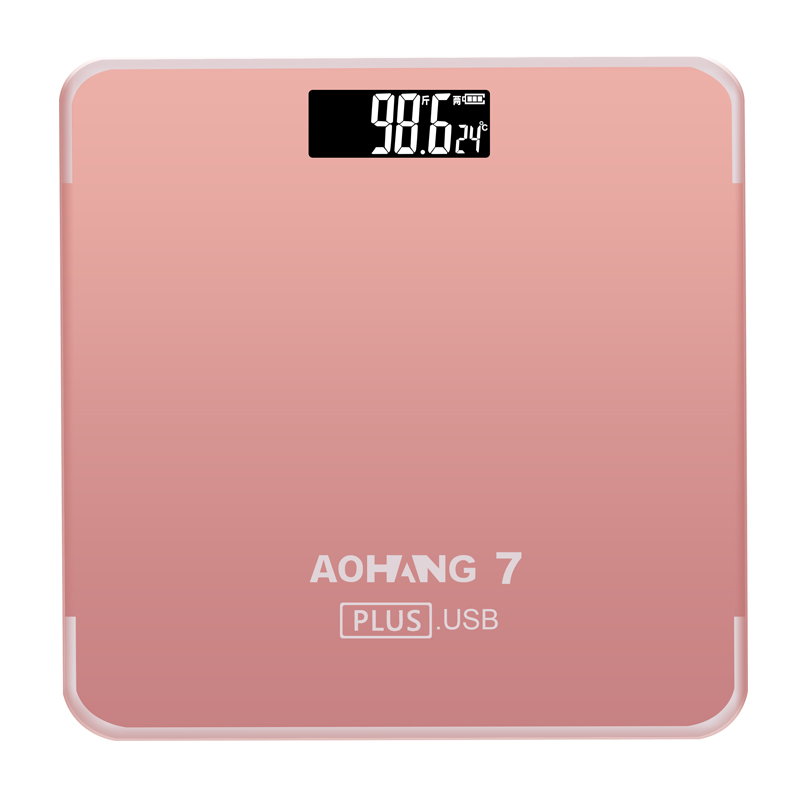The main differences between mechanical and digital platform scales can be categorized into several key aspects, including operation, accuracy, usability, maintenance, and applications. Here’s a detailed comparison:
Operation
- Mechanical Platform Scales: Operate using mechanical components such as springs, levers, and pivots. When weight is placed on the platform, the mechanical system translates this force into a weight reading displayed on a dial or analog scale. They do not require electricity to function, making them usable in any setting without power sources.
- Digital Platform Scales: Utilize electronic load cells to measure weight. These sensors convert the mechanical force of the weight into an electrical signal, which is then processed and displayed digitally. Digital scales typically require a power source (batteries or AC power) to operate.
Accuracy
- Mechanical Scales: Generally provide reliable measurements but can be less precise than digital scales. Their accuracy can diminish over time due to wear and tear of mechanical parts. Calibration may be necessary to maintain accurate readings.
- Digital Scales: Offer higher accuracy and precision due to their electronic nature. They often feature automatic calibration and can provide consistent readings without the variability associated with mechanical components.
Usability
- Mechanical Scales: Simple to use with no need for setup or adjustments before weighing. However, reading the weight can be more challenging due to the analog display, which may require careful interpretation.
- Digital Scales: Easier to read with clear digital displays that show weight immediately. Many models include additional features such as unit conversion and data logging capabilities, enhancing usability in various applications.
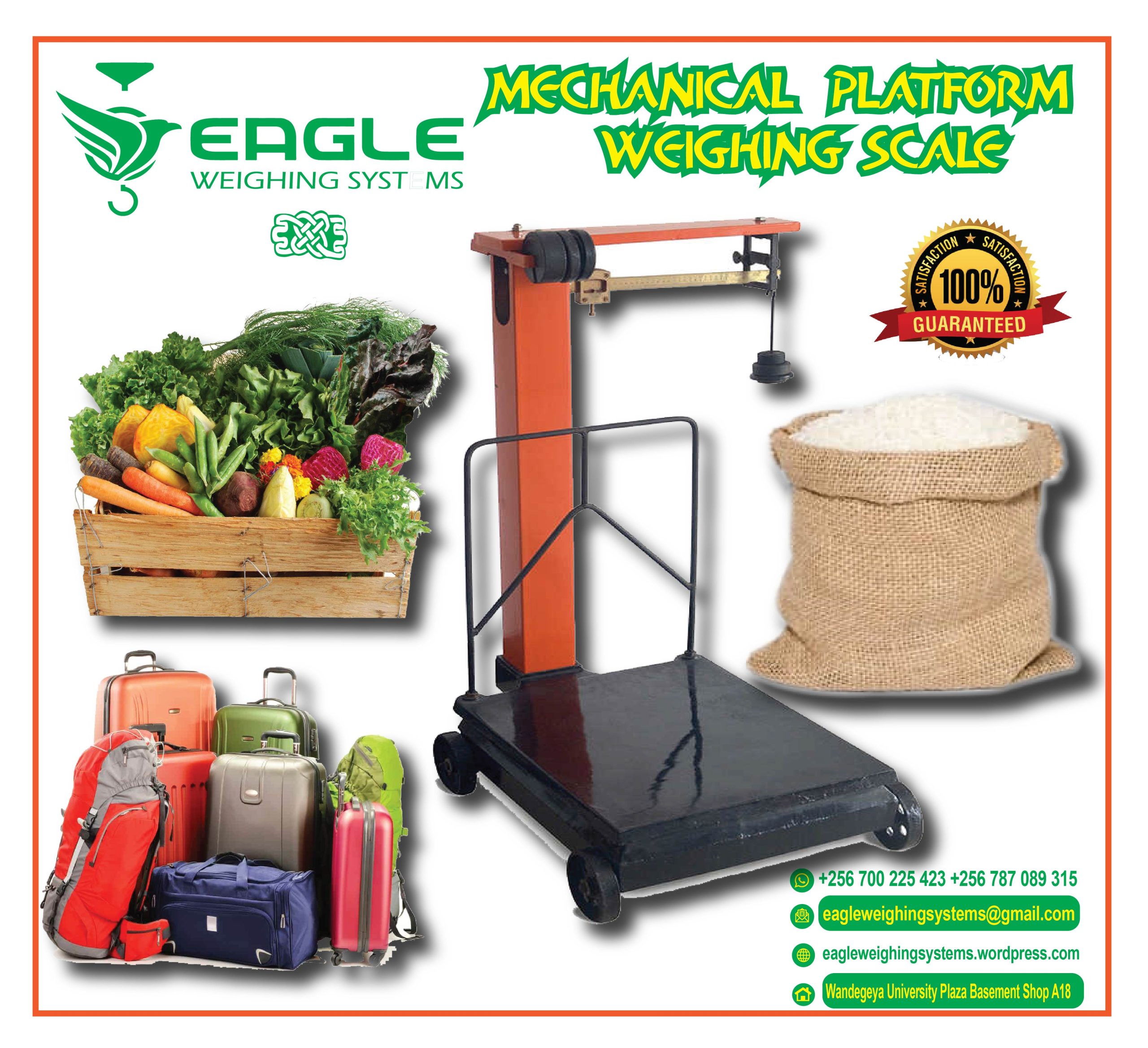
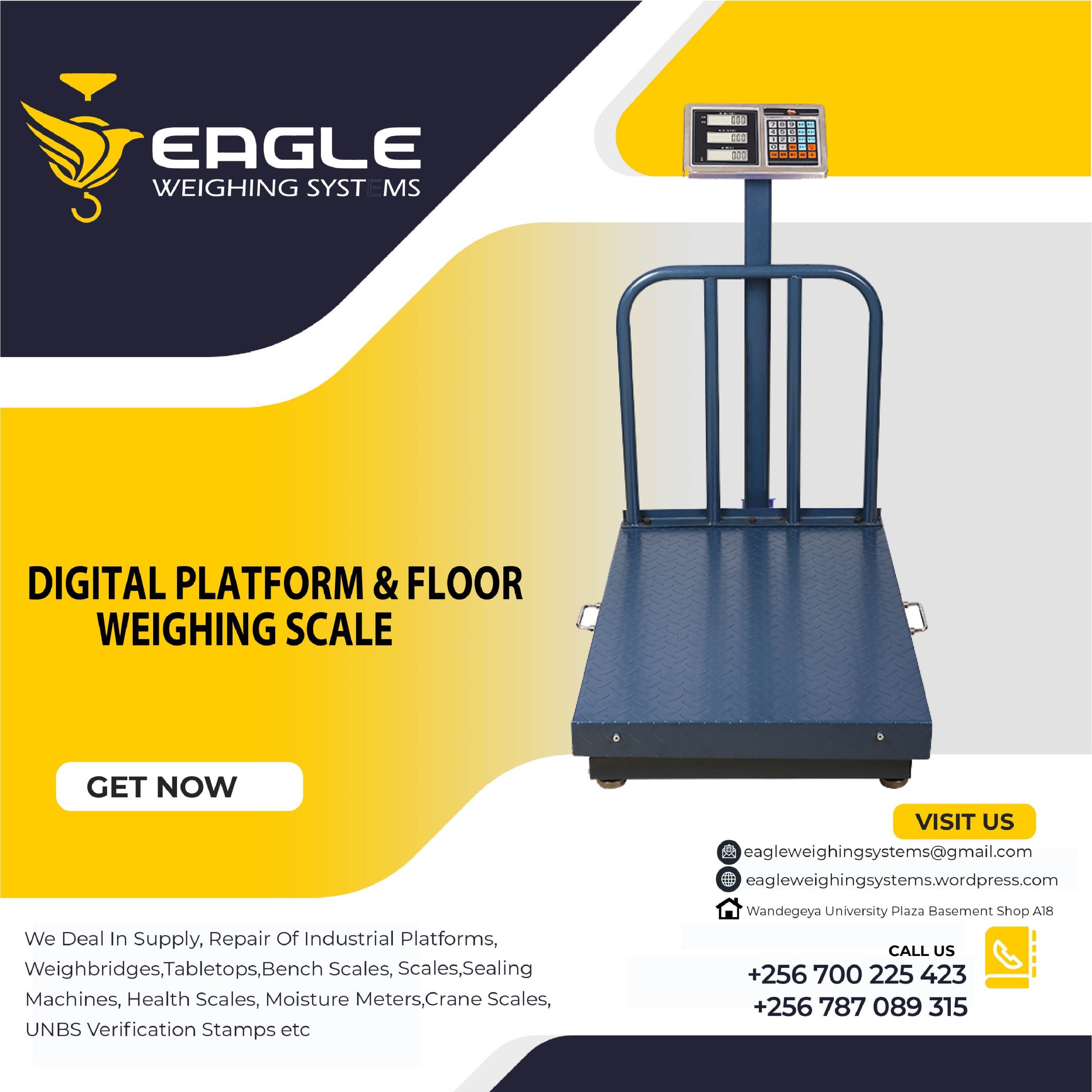
Maintenance
- Mechanical Scales: Require regular maintenance due to moving parts that can wear out over time. Dust and debris can also affect their accuracy, necessitating cleaning and servicing.
- Digital Scales: Generally require less maintenance since they have fewer moving parts. However, they depend on a power source, so battery replacement or electrical maintenance may be necessary.
Applications
- Mechanical Scales: Often used in environments where high durability is required and where power sources are unavailable. They are suitable for heavy-duty applications in manufacturing and logistics but may not be ideal for precise measurements.
- Digital Scales: Commonly used in industries requiring high accuracy and efficiency, such as pharmaceuticals, food processing, and logistics. Their ability to integrate with computers and other devices makes them versatile for data management.
| Feature | Mechanical Platform Scales | Digital Platform Scales |
|---|---|---|
| Operation | Mechanical components | Electronic load cells |
| Power Requirement | None | Requires power (batteries/AC) |
| Accuracy | Moderate; can decrease over time | High; consistent readings |
| Usability | Simple but harder to read | Easy to read; often multifunctional |
| Maintenance | Requires regular servicing | Less frequent; battery maintenance |
| Applications | Heavy-duty; less precision needed | High precision; data integration |
In a nutshell, while mechanical platform scales are durable and do not require power, digital platform scales provide superior accuracy and ease of use, making them increasingly popular in various industries.

